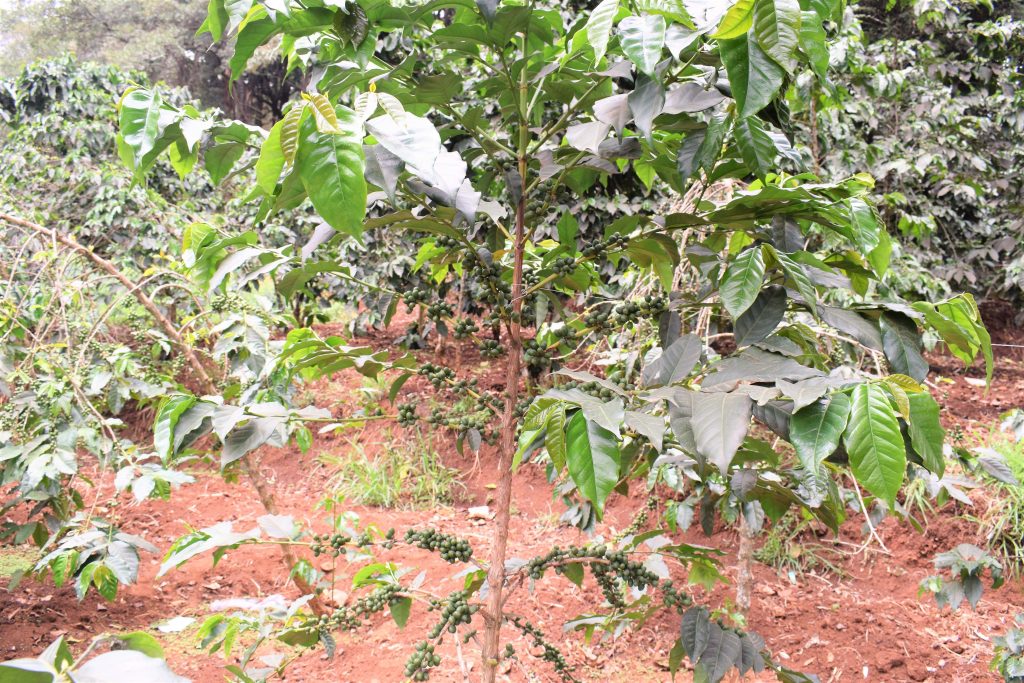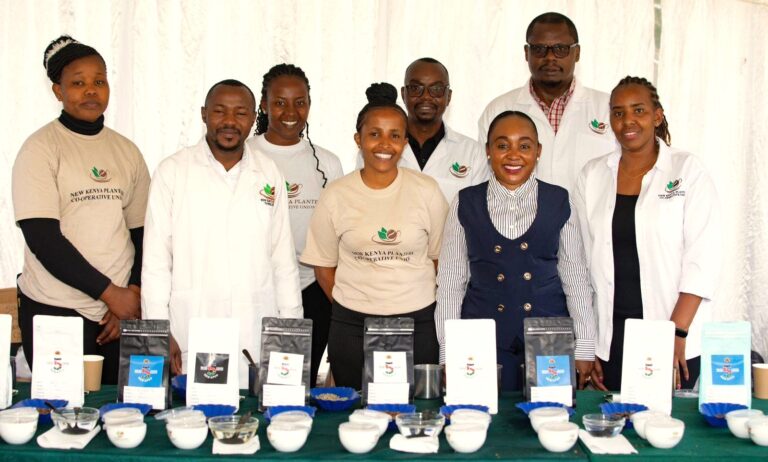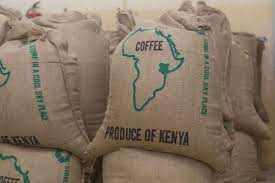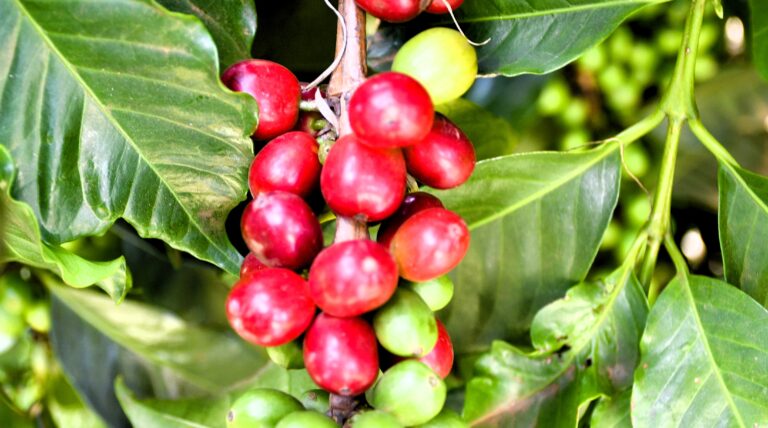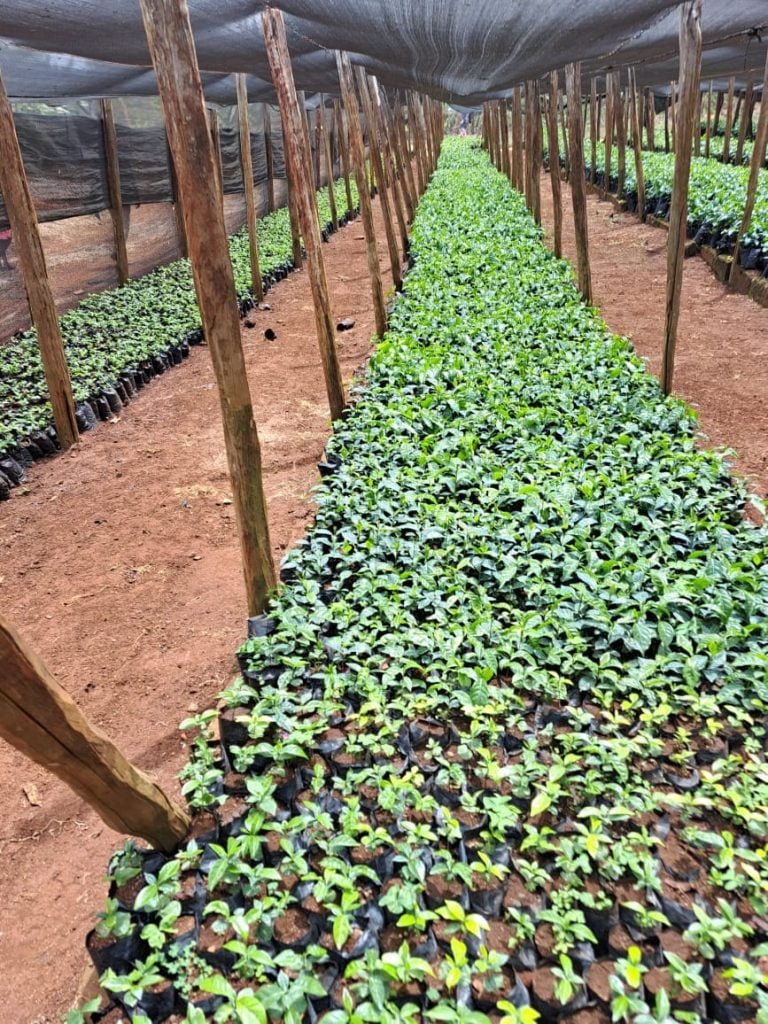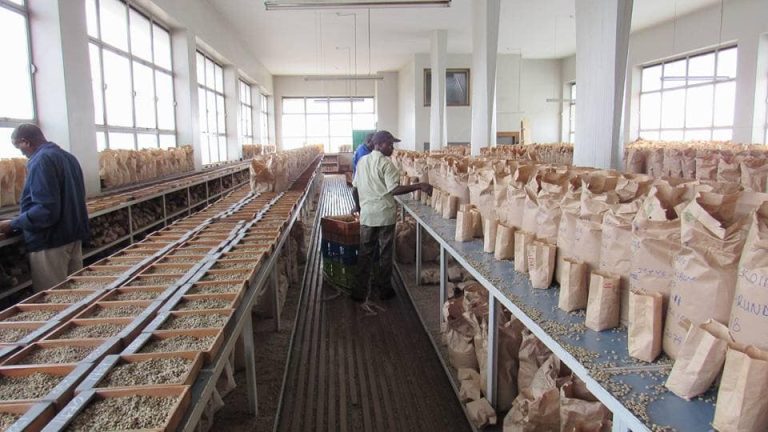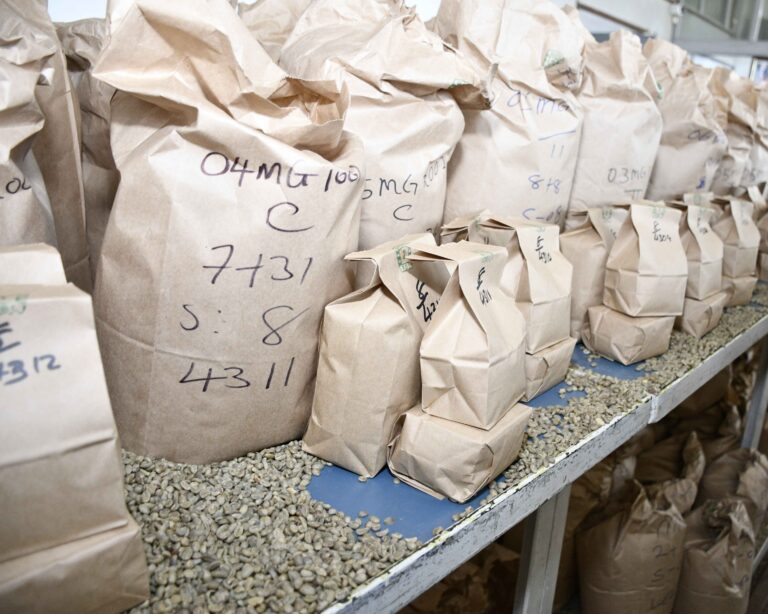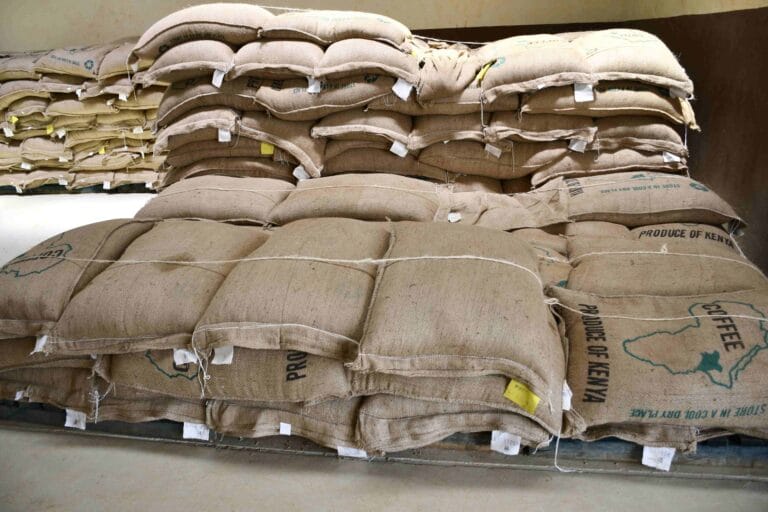About two weeks ago the Agriculture Cabinet Secretary Peter Munya published the Coffee Bill 2020 for public participation. Like other many public policies and legal reforms, it is expected to introduce various changes and disrupt the status quo. Any change in public policy that disrupts the status quo elicits opposition and support.
While those favoured by the status quo lose immediately, it sometimes takes longer for benefits to trickle in and thus, the opposition is always fierce than support. When those losing are powerful, they fight the changes using every trick in the book like discrediting the likely benefits to using court cases to stop the implementation.
Fellow countrymen, I can point out two cases to illustrate this. During changes from analogue to digital broadcasting, media houses fought the changes using misinformation to discredit reforms and even court cases. During that time, the public who were the beneficiaries had no similar organization to show support. The other case is the introduction of Mpesa. Banks were all united in opposing the technology which they saw as “taking food from their plate”. Again the beneficiaries who were the public like in the first case did not have similar united support. In both cases, the Ministers who were leading the changes: Fred Matiangi of Communications and the hard-nosed, straight-talking, no-nonsense John Michuki of Finance together with the then Central Bank Governor Prof Ndung’u stood firm and tried their best to educate the public. Eventually, the changes were enacted and today we are enjoying the benefits of digital media and Mpesa.

Back to the coffee bill, let me highlight the key changes and potential areas that will receive opposition and also the potential benefits or the mischief the law is trying to cure as lawyers put it. First, the bill proposes the establishment of a coffee board and coffee council. The mandate of the board in consultation with the county governments is to promote competition in the coffee industry, production, processing and branding of Kenya coffee locally and internationally, and generally to regulate the coffee industry in the public interest. The opposition is likely to come from those expected to be licensed and regulated by the board including millers, marketing agents, buyers, roasters, packers, management agents and those in warehouses.
The function of the coffee council, on the other hand, will be providing general advisory to the board and National Government on the development of the coffee industry and advocate for the interests of the coffee industry players, thus providing a national platform where coffee matters will be deliberated. This again is great for the industry.
The bill further proposes re-establishment of the coffee research institute. This is a more robust institute that will lead in coffee breeding by developing a climate-resilient coffee crop and in leading the scientific effort to strengthen Kenya coffee’s resistance to diseases and pests. It will be the custodian of the Kenyan Coffee Genome and the primary instrument for making modern genomics resources available to researchers working across the coffee production chain, the premier national and regional institute in research into and development of new coffee varieties and improvement of existing varieties, to facilitate the use of improved production and processing technologies and to establish adequate feedback systems from coffee farmers and processors in order to achieve the highest possible quality of coffee in Kenya. The institute will also be the principal platform for providing accessible, timely and in usable form scientific information and advisory services to actors in the whole coffee production chain through field visits, radio programmes, demonstration farms, publications and modern technology tools such as social media. This is what the Coffee Research Foundation did before. The move to place it under Kenya Agricultural and Livestock Research Organisation (KALRO) made it lose its lustre either due to funding or operational inefficiencies. The opposition is likely to come from the system that placed it under KALRO in the first place but since they are all under the same ministry it will be managed.
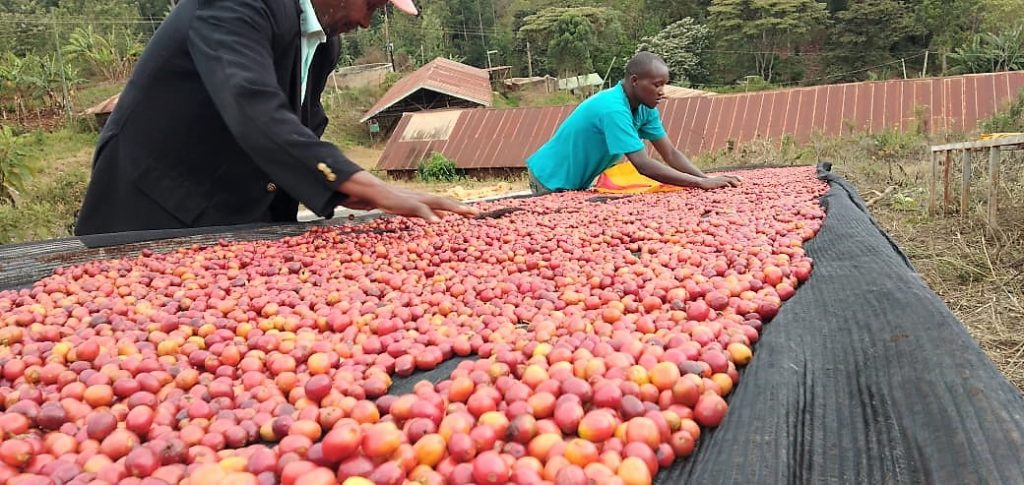
The Bill also stipulates the role of county governments pursuant to the Fourth Schedule of the constitution. The county governments will among other things be responsible for the development of coffee grown in the counties, development and regulation of coffee marketing within the county, registration of nursery operators, coffee growers and pulping station license holders. They will take charge in the issuance of coffee movement permits, issuance of the pulping station, warehousing and coffee roasting licenses, offering and coordination of extension services on coffee production and primary processing, inspection of nurseries, pulping stations, roasters and warehouses located within their respective counties, enforcement of county and national legislation on coffee, industry code of practice and other industry standards. This is important since one of the major criticism of Crops Act 2013 was that it kind of glossed over the roles and functions of county government in agriculture. I don’t foresee opposition but I expect council of governors wanting to have more say on this and it will be interesting to read their written response.
With regard to production and processing of coffee, the bill proposes among other things the development of the Kenya Coffee Production Standards and the formulation of a binding Code of Good Coffee Practice. It also requires all millers to itemize and make full disclosures of all the expenses associated with milling including the actual cost of milling, the costs of handling, sorting, grading, packaging and warehousing, which shall in any case not exceed four thousand shillings per tonne of coffee milled or such other fee as the Cabinet Secretary may by regulations prescribe. All milling shall be done in the presence of the manager from the coffee factory of the coffee being milled. Every miller to whom coffee is sent for milling, and every grower who mills any coffee, shall within forty-eight hours of the coffee being milled send a milling statement to the grower and a copy to the Board, the relevant county government and the commissioner of co-operatives. Every milling statement shall furnish the details of costs, yield and losses of the milling process itemizing actual milling loss, output per grade, milling charges, fees and any other matter prescribed in the regulations. This speaks to the heart of transparency in the milling process specifically on the farmer being present when coffee is being milled. This is likely to be contested by millers for various reasons but will be a huge benefit to farmers who are the coffee owners.
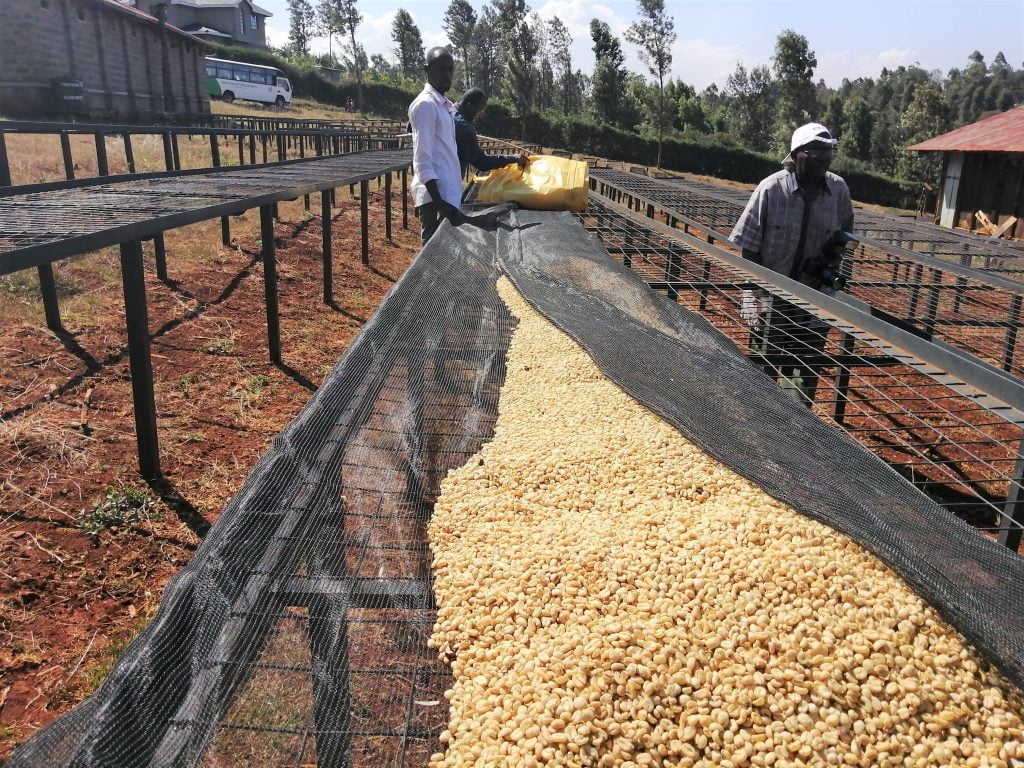
With regard to coffee trading, the bill proposes coffee to be sold through the auction and direct sales just like today. It, however, requires that all direct sales to be validated at the auction with the price offered by the direct buyer being the reserve price. This is also likely to be opposed by traders.
The bill further proposes restrictions of coffee sales at farm gate and that other than the grower, the miller shall market clean coffee at the exchange unless they hold a marketing agents license and is appointed to do so by the grower through a specific agreement. This is more to address coffee theft, but I have heard several people say it should be removed and farmers allowed to sell cherry as they do with macadamia, avocado and other produce at the farm gate. I expect to see a lot of this written in various memorandums.
With regard to coffee payments, the bill stipulates that all payments be paid out of the direct Settlement System Account. This is how it works. A holding bank is appointed by a regulator after meeting the agreed requirements then traders deposit proceeds of coffee sales into this account. All payments to millers, farmers, agents, coffee factories, estates and individual farmers are then paid directly. This is unlike the current situation where marketing agents receive money for coffee paid and later pay cooperatives who then pay farmers. This is unsettling marketing agents and therefore expect opposition.
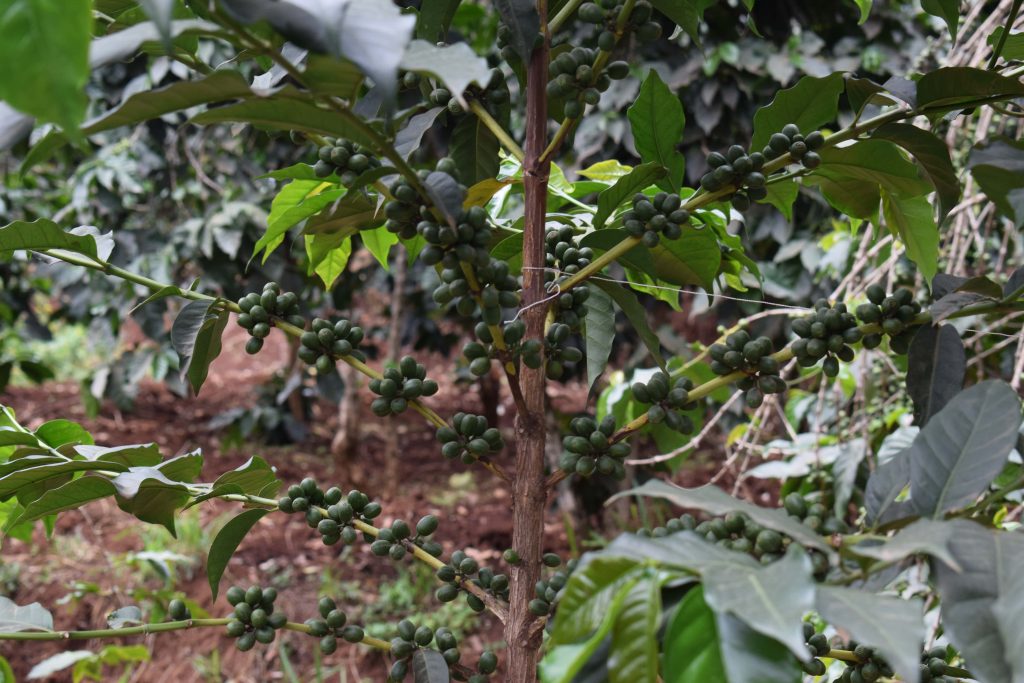
The bill also prohibits millers and marketing agents from loaning money to farmers. It is important to note that due to the current structure, only the Cooperative Bank that holds accounts for almost all cooperatives. Most of the working capital for milling operations and even for inputs come from millers. While this to some extent has helped to keep the industry afloat, millers and marketers are not regulated financial providers and there have been reported cases of abuse of this lending leading to the collapse of some farms and cooperatives. This is also likely to be fiercely opposed by those currently providing lending.
It is important to note that with DSS in place and also section 44 subsection 4 that states ‘’Where a farmer has entered into an agreement with an organization representing the interest of such farmer, the Board and every dealer in coffee shall respect and enable the carrying out of the terms of such agreement, including the remission to such organization of any contributions that may, pursuant to such agreement, be deductible from the farmer’’ it is likely to open other avenues for financing coffee. Other banks, FinTech etc. are most likely to enter and support this industry as they do to others.
Finally, the bill proposes licensing/registration of a single factory as a society. This might be opposed by the cooperative movement as weakening cooperatives and encouraging splits. Responding to a journalist when launching the bill if this was encouraging splits in cooperative societies, CS Munya said that further from that, it is to strengthen the cooperative movement since those factories for whatever reasons don’t want to be part of a larger cooperative can still remain cooperators as individual factories. Almost current single factories are all either registered as companies or CBOs. This section will strengthen than weaken cooperatives.
One thing I would like to point out unlike in tea or banks where powerful forces come out openly to fight any reforms, in coffee, they fight through proxies. It is always some coffee farmers but if you follow who is paying lawyers and other costs you understand who is behind it. So watch keenly as the situation continues to unfold. Like in Michuki and Matiang’i in previous cases Peter Munya is driving these reforms from the front and therefore the industry is in good hands. I call upon all public-spirited individuals to continue informing the public and also for all to provide feedback on the bill.
In the next one week, I will personally take all your questions and clarifications regarding any section of this bill.
